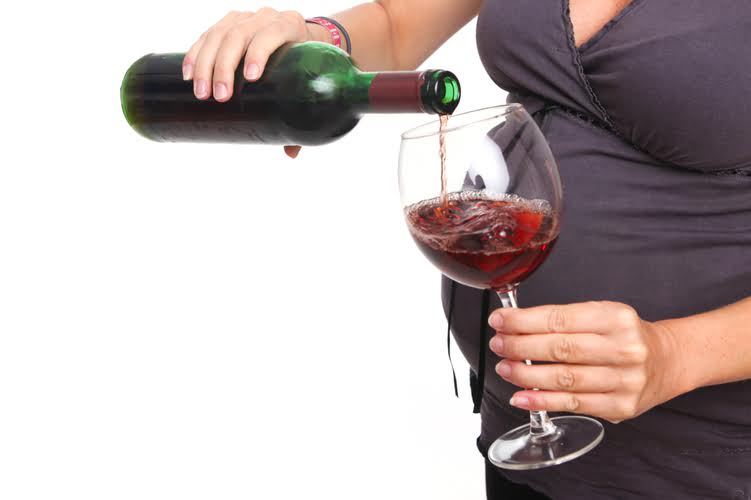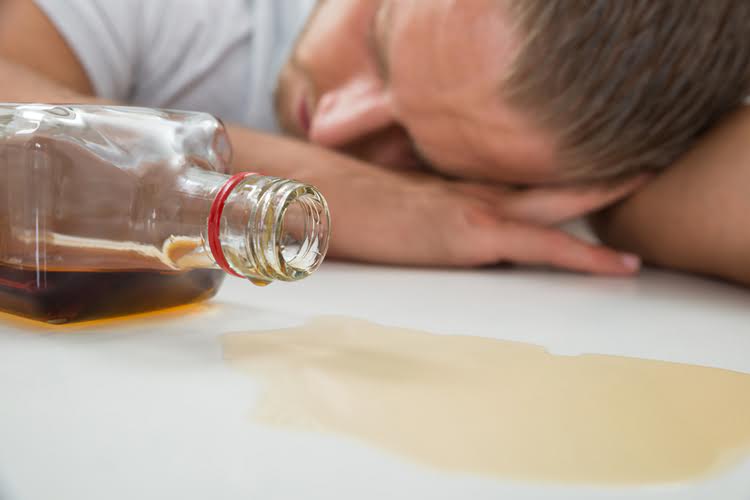Is Drinking in Moderation Possible for Alcoholics?
For people in recovery, it is impossible to reintroduce alcohol into their new lifestyle, as they could only achieve stability once they stopped drinking. Hopefully, you’ve started to experience some of those benefits from the 1 month list and it’s ok if it took a little longer than a month to notice them. Research shows that one month in, some people start to feel a sense of achievement and control over their relationship with alcohol (O de Visser & Piper, 2020). It’s important to recognise the small wins and keep an eye out for the inner critic that might downplay what you’ve done well. Increased mental clarity often appears after a few weeks and partly this comes from better sleep.
How Can Thoughts & Cravings for Alcohol Lead to a Relapse?
Relapse (using substances again after stopping) can and does happen, with 85% of people experiencing relapse at least once and half of them doing so within the first two weeks of sobriety. Triggers for using drugs and alcohol typically are people, places, https://bahchisaray.org.ua/index.php?s=df3c7f672acbf9f1e5fdf04368a1342c&showtopic=14217&pid=61410&st=0& and things that remind you of your addictive behavior or encourage the use of substances you’re avoiding. Sobriety can be a fixed-term goal like staying sober for a set period (such as Dry January), or a lifelong goal of staying sober from all substances.

Step 1: Recognize the Need to Get Sober
Their process of getting sober will depend on numerous factors, including the severity of drug or alcohol use disorder and long-term goals of sobriety. Once a person with AUD gets through the initial withdrawal process, most symptoms ease or stop, indicating the body is adjusting to the absence of alcohol. If the individual resumes drinking after the body has adapted to function without alcohol, they will find their tolerance has decreased.
Can an Alcoholic Ever Drink Again?
- All alcohol relapses are linked to these vulnerabilities in the brain.
- Seek medical assistance if your physical symptoms last for a week or longer.
- Relapse is a process that can begin weeks or months before someone drinks.
- You may be hesitant to propose this topic to your therapist, your sponsor, or your friends in recovery for fear of judgment or even ridicule; however, there are no stupid questions when it comes to recovery.
- Warren is a Licensed Master Social Worker, who specializes in substance abuse and mental health treatment.
- Early sobriety may come with feelings of fatigue and the stress of dealing with challenges (people, places, and things that stimulate the urge to use).
The first step to getting sober is recognizing and admitting that you have a problem with drug or alcohol misuse. It’s difficult to admit that you have lost control http://www.designbook.ru/book.php?book=1202 over your substance use. What I have earned in the last seventeen years, one day at a time, is an incredible life that alcohol just doesn’t factor into anymore.
- Sleep has an impact on so much of our everyday functioning and if it improves from a reduction in alcohol you might find that you don’t wake up as often and you experience more deep, restorative sleep than you did before.
- In the fourth week of abstinence from alcohol, the benefits keep piling up, according to the reports of those who remained sober for more than three weeks.
- It can include a medically supervised detox, various forms of treatment including therapy and 12-step programs, and calling upon family, friends, and professionals for additional support.
- Consuming such substitutes can lead to a placebo-drunk-like sensation, ultimately increasing the likelihood of a relapse into alcohol addiction.
This difference in tolerance is one of the highest risk factors for those who drink after being sober. Most cruises these days have strong enough internet that staying in touch with land is easy. If you’re sober and attend a 12-step https://www.ddvhouse.ru/forum/ipb.html?act=Help&CODE=01&HID=3 program, see if your group offers online options to join your regular meetings, or if another group offers remote attendance. Everyone’s sobriety or alcohol abstinence journey is different and undertaken for personal reasons.
What to Do After an Alcoholic Relapse
- Therefore, it is not recommended to have even one drink while in recovery.
- It not only involves the body and our behavior, but also our emotions and our thoughts.
- This support fosters the motivation and self-confidence needed for sustained sobriety.
- Research has also found that the effects of a hangover can continue to affect a person even after the alcohol has already left the bloodstream.
Get Help With Alcohol Addiction

